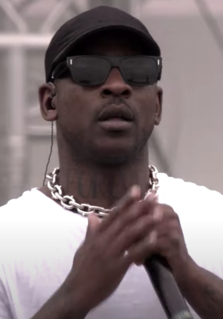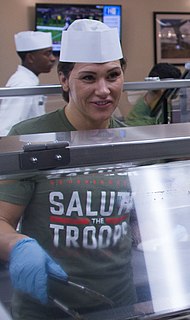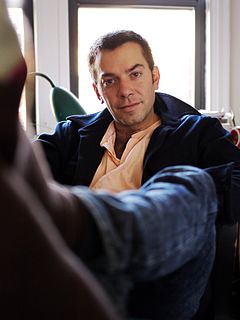A Quote by Kevin Systrom
Every photo you take communicates something about a moment in time - a brief slice of time of where you were, who you were with, and what you were doing.
Related Quotes
I was a woman and younger. I started spending a lot of time in the mall doing a lot of qualitative research and really watching what consumers were doing. Were they gravitating towards the sales racks, or were they looking at the new fashions? Were they there to shop, or were they there to socialize?
It's strange, somebody asked for my autograph the other day. Because I finished school and I'm not really doing anything at the moment, I was just kind of aimlessly wandering around London and these two guys who were about 30 came up and asked for my autograph. I was really quite proud at the time, and they wanted to take photos and stuff. And then they were sort of wandering around and I was kind of wandering around and I bumped into them about three times, and every single time their respect for me kept growing and growing and growing.
The Chicago City News Bureau was a tripwire for all the newspapers in town when I was there, and there were five papers, I think. We were out all the time around the clock and every time we came across a really juicy murder or scandal or whatever, they'd send the big time reporters and photographers, otherwise they'd run our stories. So that's what I was doing, and I was going to university at the same time.
We thought that the odds of things working OK were up in the upper 90 percent or we wouldn't have gone. But the - there were some problems cropped up on the flight but was able to take care of those OK and - although they were things that we hadn't really trained that much for. But it was the time of the Cold War and so there were was a lot of pressure on the - to get going and the Russians were claiming that they were - Soviets were claiming they were ahead of us in technology.
I really do think for the vast majority of cases, doctors didn't think they were doing anything wrong - they were doing what was being recommended at the time, and many times people were able to take these prescription opioids and not have a problem with it. But what we do know is that if we take these drugs long-term, dependency develops quickly, within as little as a week. What we all have to realize is that these pills are chemical cousins of heroin - one is an illegal opioid and one is legal, but they are relatives.
Not only was Dan Cooper likely an alias, but many people suspected at the time were people living under assumed names. The '50s and '60s were a time when some people were desperate to leave their lives. They felt trapped in their marriages or their jobs, and they were seeking freedom. And one of the ways to do that, because technology wasn't advanced as it is today, was just to take over somebody's name.
Go back to the Bible, the Old Testament. I mean there were people who we would call intelectuals, there, they were called prophets, but they were basically intelectuals: they were people who were doing critical, geopolitical analysis, talking about the decisions of the king were going to lead to destruction; condemning inmorality, calling for justice for widows and orphans. What we would call dissident intelectuals. Were they nicely treated? No, they were driven into the desert, they were imprisoned, they were denounced. They were intelectuals who conformed.



































